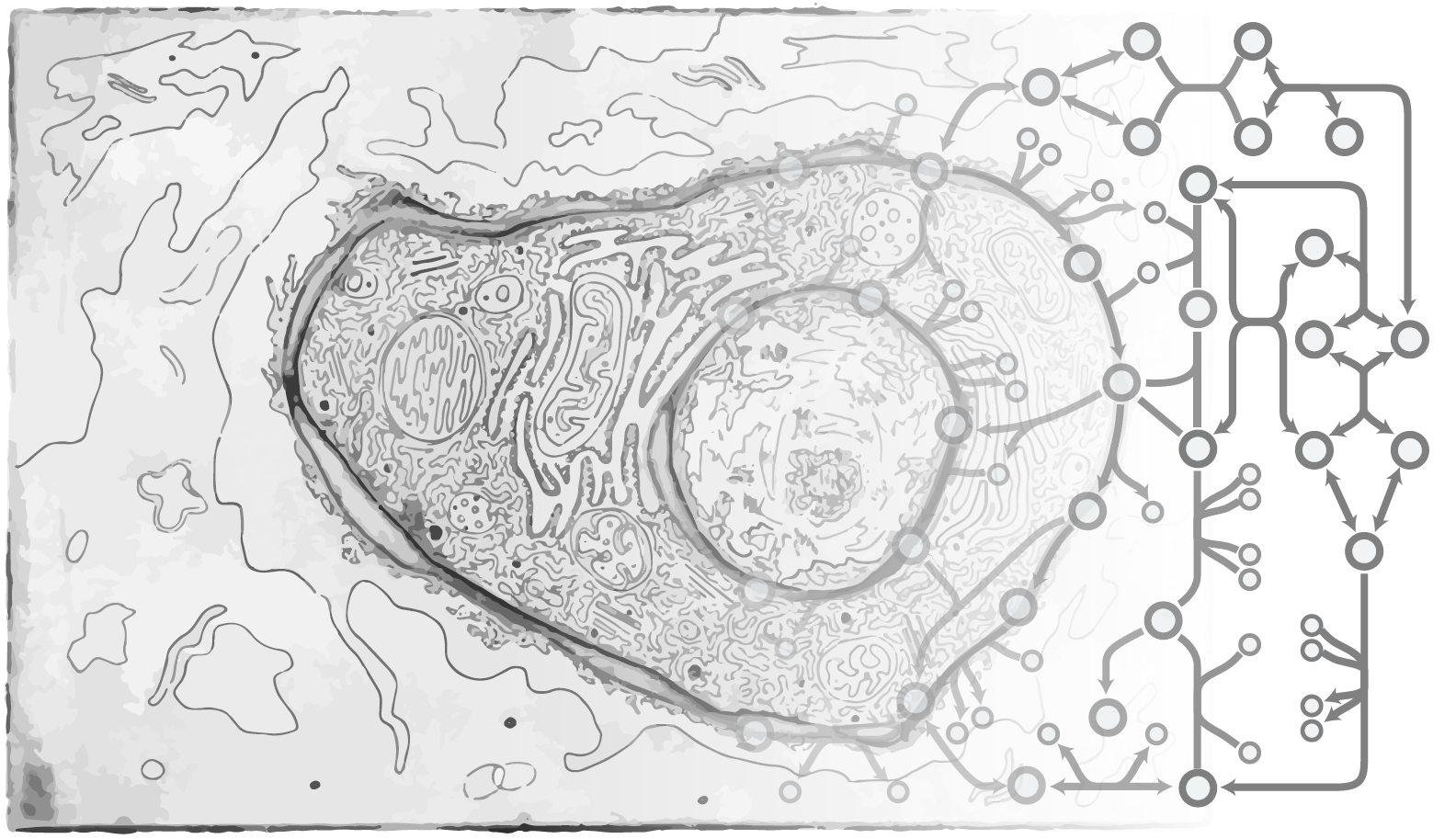The protein secretion pathway is essential to eukaryotic function and drug development. Through this pathway a diverse range of molecules are processed and released into the extracellular space. This process ensures that proteins are translated, folded, subjected to quality control, modified to enhance their function, and ultimately released. Such proteins include components the extracellular matrix which keeps tissues and organs together. Many other proteins such as homone signals and proteases are released by cells through this pathway. Alterations in protein secretion often accompany disease, such as cancer where changes in the protein secretion pathway influences tumor growth and enables metastasis. In our group we are taking a systems biology approach to study protein secretion in order to understand how changes in this system influences cell physiology. Using whole-genome sequencing (Xu et al., Nat Biotech, 2011; Lewis, et al., Nat Biotech, 2013; Robasky*,Lewis* and Church, Nat Rev Genetics, 2014), transcriptomics, proteomics (Baycin, et al., J Prot Res, 2012), metabolomics, and many other tools, we are harnessing our analyses to study disease and to guide synthetic biology designs through which we engineer the pathway to enhance the quantity and quality of protein-based drug production (Spahn and Lewis, Curr Opin Biotech, 2014). For more on these efforts and their application to drug production in Chinese hamster ovary cells, check out these podcasts: The Chinese hamsters that helped birth biotech and CHO Cells and Computational Models
Systems Biology and Cell Engineering
Lewis Lab at the University of Georgia and UCSD
325 Riverbend Rd,
CMM
Athens, GA, 30602
CMM
Athens, GA, 30602
